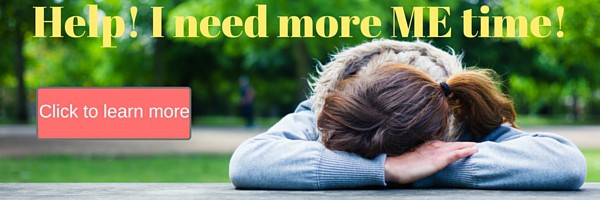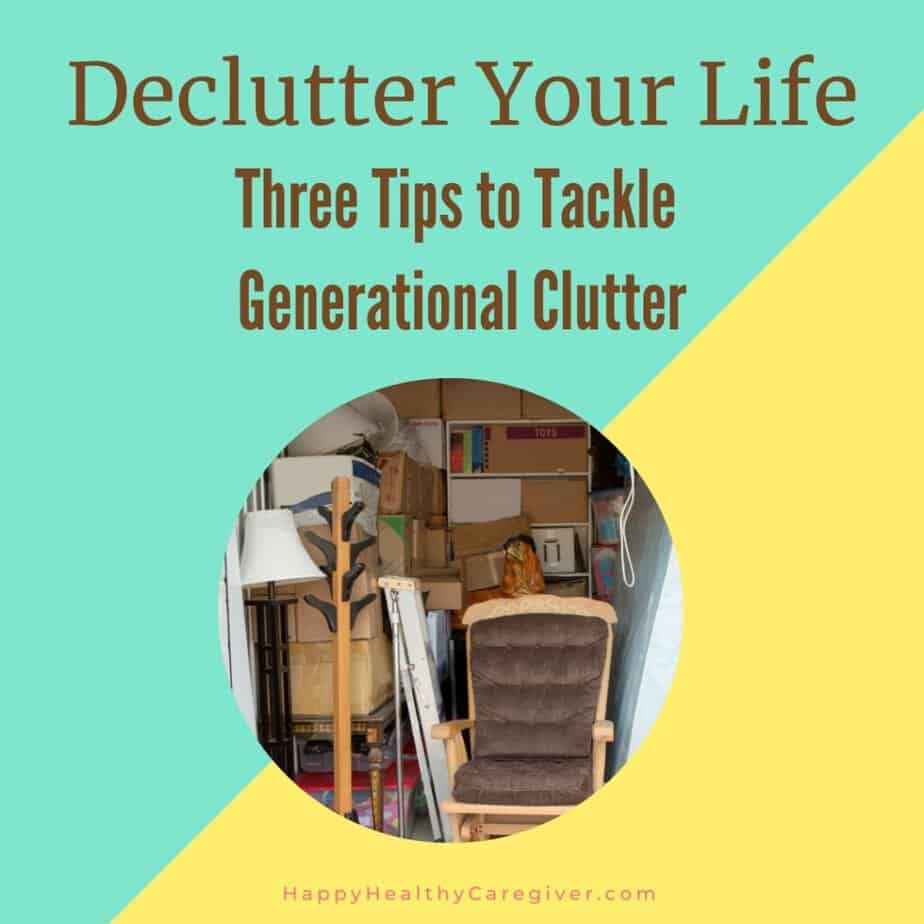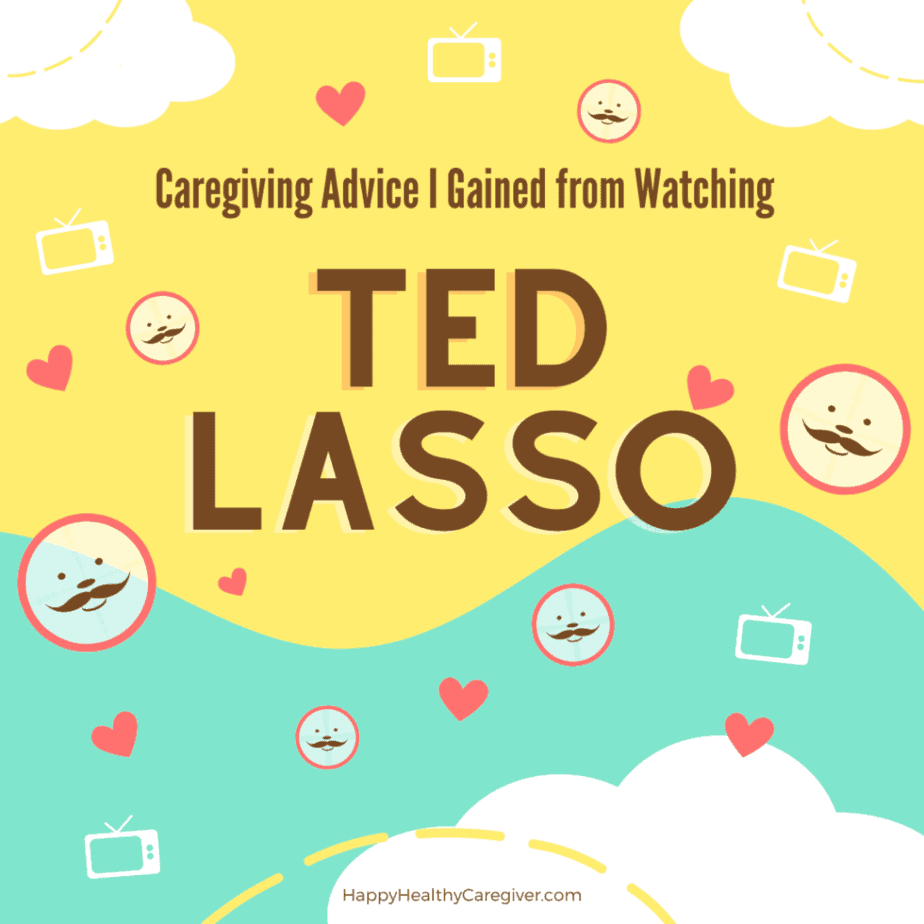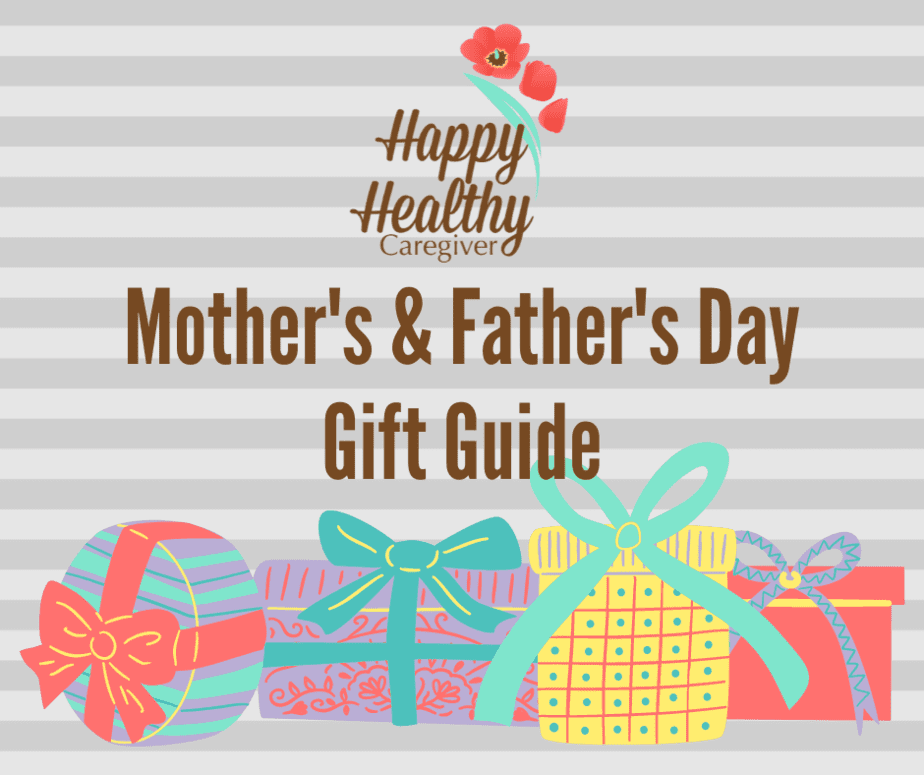Sleep is often the forgotten component of a healthy lifestyle.
When I used to think about health improvement, eating nutritious food and exercise is what immediately came to mind. I’ve learned there is actually another important component to physical health – sleep.
Gone are the days when I would sacrifice sleep to jump out of bed to ensure I got my workout in. Gone are the days when I thought a decent slumber was just about how tired or alert I felt. Getting adequate rest has become worthy of my focus and attention.
Now, when I get into bed at night, I set my alarm with the intention of receiving at least 7 hours of quality sleep. Ideally, it would be wonderful to not set an alarm at all and just get up naturally. Thing is, I have a job…and my morning routine does help keep me sane.
Importance of Sleep
In a nutshell, sleep enables EVERYTHING in your body and mind to work optimally. If we are deprived of rest, our bodily systems fall apart. Below, I briefly summarize information from The American Sleep Association.
Your Brain
Symptoms your brain is lacking in sleep can show up in form of irritability and depression and lack of concentration.
Your Heart
A proper night’s rest can greatly reduce your risk of heart disease and strokes.
Your Body Weight
Lack of sleep increases your chance of obesity. (Is it sad this one grasps our attention more than our brain and heart health?!)
Your Immune System
As we are in the midst of cold and flu season, it’s important to know sleep deprivation will weaken your immune system.
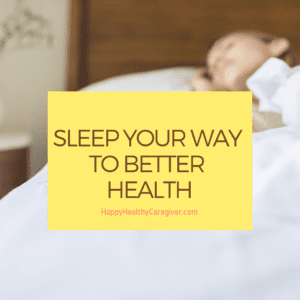
What is Sleep Apnea and Insomnia?
Sleep Apnea runs in my family. My dad had it and my mom and brother have it. Sleep Apnea is a disorder where breathing repeatedly stops and starts.
When my son Jacob was just three years old, he was diagnosed with a sleep disorder. We used to hear him snoring and breathing from our family room when he was upstairs with the door closed. After his sleep study, his ENT doctor recommended we remove his tonsils and adenoids which did the trick.
My brother-in-law suffers from insomnia. He has difficulty falling and staying asleep. Just writing the word insomnia makes me grateful for being able to get to forty winks. As I age though, I do notice when I wake up in the early morning hours or middle of the night, it is harder to settle back into slumber.
Perhaps you’ve been accused of snoring. While I call it cute nightly breathing my husband insists it’s snoring. My sister introduced me to an app called SnoreLab. This app not only provides you a snore score, it records portions of your night’s rest so you can hear it and it gives you tips on how to decrease snoring.
If you suspect or have been told you may have a sleep disorder, talk to your doctor about scheduling an evaluation test.
How much sleep do you need?
The American Sleep Association recommends the following guidelines:
The mean for adults is 8 hours. Like most things, there is a bell curve. Some adults only require 6-7 and others require 9-10.
Infants, children, and teenagers require much more sleep.
Arianna Huffington encourages women and men to stop bragging about their sleep deficit and jump on her wagon to realizing their successful dreams. How? By prioritizing our rest! Here’s her short TED Talk on this big idea.
How to Track Your Sleep
Maybe you don’t even know how much sleep you are getting. The first thing I would recommend you do is to track it. The low-tech way to do this is to keep a pad of paper or journal on your nightstand. Another great use for the Just For You: a Daily Self-Care Journal.
While manual tracking will give you sleep duration, this method lacks providing data about the quality.
I have been a Fitbit user for years. Currently, I’m using the Fitbit Versa Smart Watch but I’ve also enjoyed the Fitbit Charge model for many years. I really like how both of these have a watch-style band and track your heart rate. The other amazing thing I love about these Fitbit devices is the sleep analysis.
In the daily sleep stat section of the Fitbit dashboard, the different stages are broken down and you can see how last night compares to your 30-day average and the benchmark for women in your age group.
Last night, I was awake for 42 minutes, in REM for just over 2 hours, in light stage for over 4 hours, and in deep sleep for about an hour.
Click here if you’d like to learn more about the stages of sleep.
Sleep aids and tips
Bedtime Stories and Comfortable Headphones
One tool to help me fall asleep is using the sleep music or stories features on the Calm app (I often talk about Calm for meditation but it has relaxing features as well).
I choose the appropriate length of bedtime story or music to safely give me time to drift off. I can listen to the stories or music out loud if I’m solo (I am often the first to head to bed). If someone is in the room with me (besides Shadow), then I use sleepphones! They are Bluetooth wireless headphones specifically made to not hurt your ears because they are in this comfy fleece headband.
Power Naps
We all have something called a circadian rhythm. This is what makes us all feel energized or drowsy at certain times of the day. It’s our sleep/wake cycle.
In Daniel Pink’s book When: The Scientific Secrets to Perfect Timing, he advocates a 15-20 minute power nap. According to Pink’s research, a short nap has great benefits but a long nap can be an energy zapper. He also talks about a ‘nappucino’ where consuming some caffeine right before your nap gives it about 20 minutes to kick in so you wake feeling energized. A ‘nappucino’ sounds delightful!
More Sleep Tips
-
can increase the inability to sleep.
- Heavy smokers have reduced REM hours and wake up often due to nicotine withdrawal.
- While an alcoholic ‘nightcap’ may help people drift off, it also results in reduced REM and deep sleep.
- Try and adhere to the same routine by going to bed and waking up around the same time each day.
- Avoid TV and device screen time before bed.
- A warm bath before bed helps some people fall asleep.
- Exercise regularly – but avoid exercising right before bedtime.
- Foods said to help promote good sleep include: bananas, kale, and eggs. Click here for the full list.
- Need help integrating a restful night with caregiving, work, and other responsibilities? Click the image at the bottom of this post to access the Happy Healthy Caregiver resource ‘Help! I need More Me Time’.
w, blankets, and lighting. You may also want to drift off smelling some lavender essential oils.
What helps you fall and stay asleep? Help the Happy Healthy Caregiver community by sharing your tips in the comments.